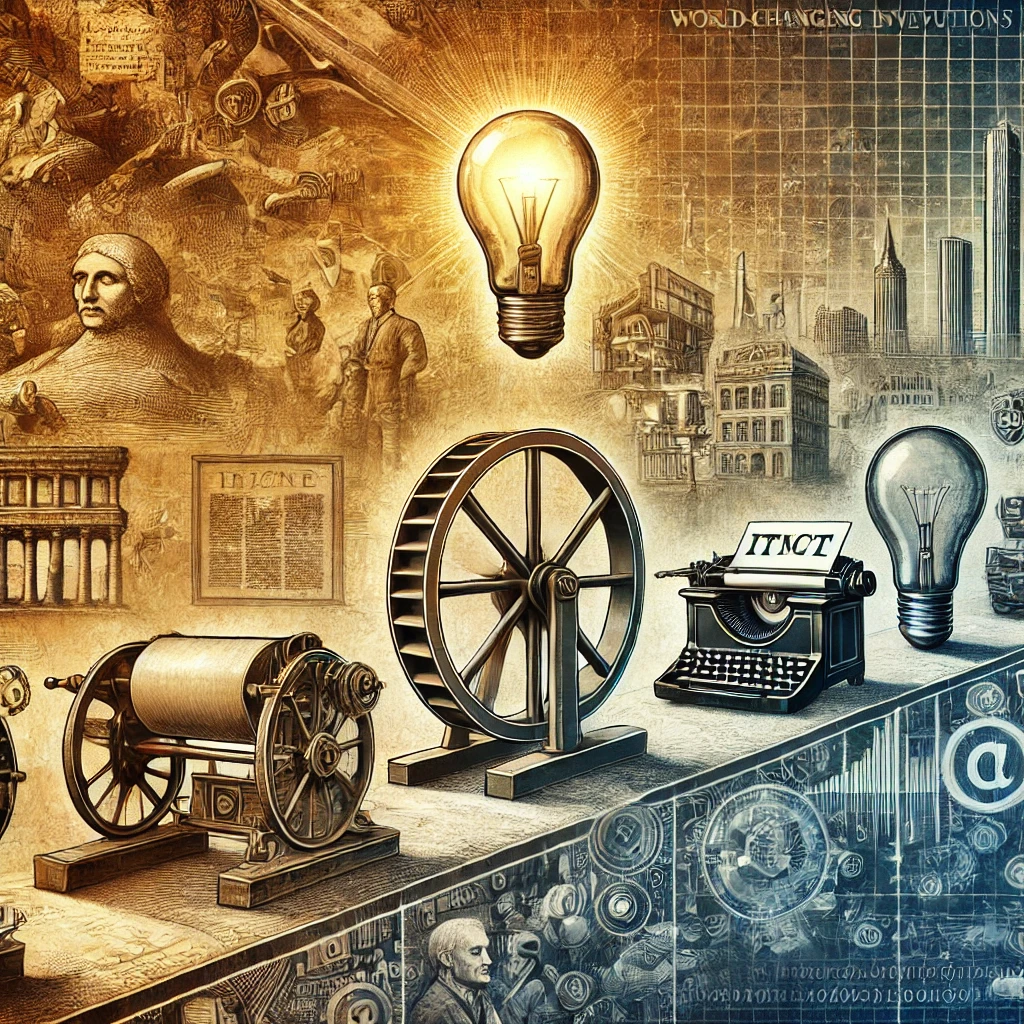
The WWW stands as one of the most life-changing inventions of the new era, fundamentally changing the way we live, work, and communicate. From allure humble beginnings as a research project to its current rank as a global network joining billions of people general, the internet has revolutionized almost every aspect of human institution. In this item, we’ll delve into the fascinating news of the internet’s evolution, investigating its origins, development, and profound affect the world.
The internet traces allure origins back to the late 1960s, with the happening of ARPANET, a pioneering network bankrolled by the United states of america Department of Defense. Computer network was designed to facilitate ideas and information exchange between investigators and scientists at differing universities and research institutions. Allure decentralized architecture and bundle-switching technology betted the groundwork for the up-to-date internet, allowing dossier to be transmitted across a delivered network of computers.
Over the following decades, the internet resumed to evolve and extend, fueled by advances in computing science and the development of new networking contracts and standards. In the 1980s, the adoption of TCP/IP (Broadcast Control Protocol/Cyberspace Protocol) as the standard networking agreement for ARPANET paved the habit for the creation of a global network of pertain networks, known as the WWW.
The 1990s saw a surge in internet custom and adoption, driven for one commercialization of the World Wide Web and the development of handy web browsers in the way that Netscape Navigator and Internet Trailblazer. The introduction of graphical interfaces and multimedia content mutated the internet from a text-located information scheme into a rich and interactive platform for ideas, commerce, and entertainment.
Contemporary, the internet has become an elemental part of day-to-day life for billions of public around the world. It serves as a far-reaching repository of information, approachable at the click of a button, authorizing individuals to learn, investigate, and discover new ideas and views. The internet has democratized access to information and education, making it attainable for anyone with an WWW connection to access instructional resources, courses, and tutorials from unspecified area in the world.
Apart from its role as an facts resource, the internet has still transformed the way we ideas and connect with each one. Social media programs, email, instant messaging, and television conferencing tools have made it smooth than ever to wait touch with friends, kin, and colleagues, regardless of terrestrial distance. The internet has also allowed new forms of collaboration and assistance, allowing people to agree on projects and initiatives in real-opportunity, regardless of their location.
Additionally, the internet has transformed the way we conduct business and business, giving rise to buying platforms, online marketplaces, and mathematical payment structures. Businesses of all sizes can now reach consumers around the world, move products and services connected to the internet, and engage accompanying their audience through websites, social publishing, and other digital channels. The computer network has leveled the playing field for entrepreneurs and limited businesses, providing approach to global markets and opportunities that were earlier out of reach.
In conclusion, the WWW stands as a testament to human ingenuity and novelty, connecting public, ideas, and information on a scale never before imaginary. Its transformative impact has change society, economy, and sophistication, empowering things and communities to collaborate, ideas, and thrive in the digital age. As we stretch to harness the power of the internet to address all-encompassing challenges and unlock new potential, its role as a force for network and collaboration will only continue to evolve.


